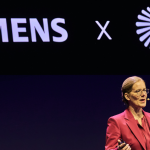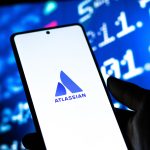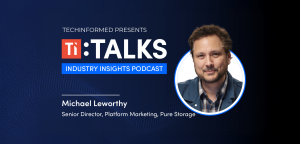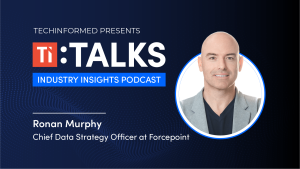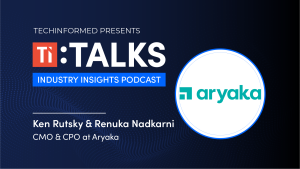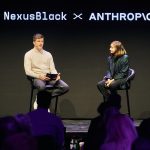
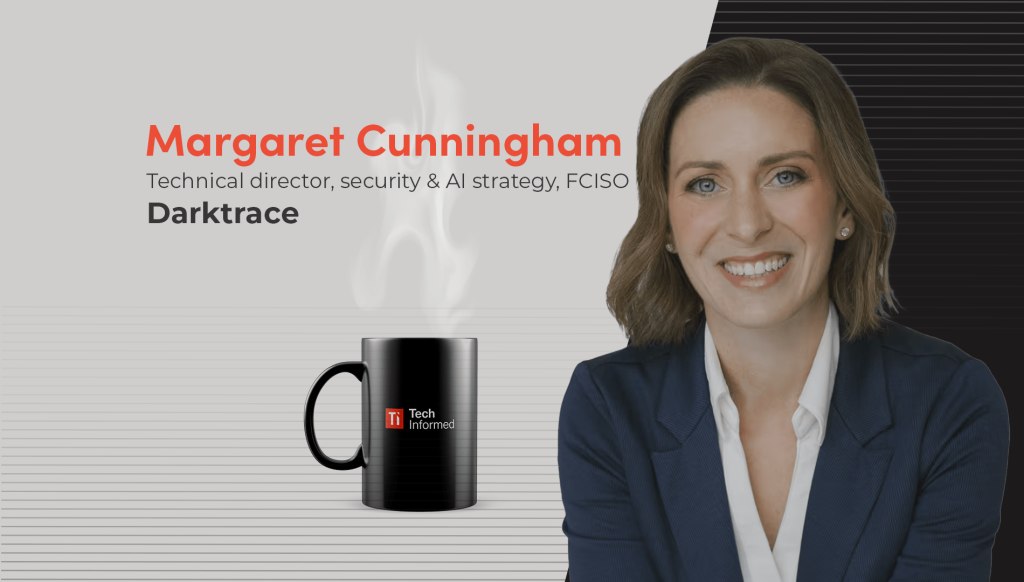
Margaret Cunningham, technical director, security & AI strategy, field CISO, Darktrace
Over coffee, Margaret Cunningham, director, security & AI strategy, field CISO at Darktrace, reflects on her career shaped as much by curiosity as by expertise. With a PhD in applied experimental psychology, she didn’t initially…
Over coffee, Margaret Cunningham, director, security & AI strategy, field CISO at Darktrace, reflects on her career shaped as much by curiosity as by expertise. With a PhD in applied experimental psychology, she didn’t initially expect to end up in technology, yet her fascination with messy, real-world behaviour led naturally into cybersecurity.
Now, over six months into her role at Darktrace, she speaks about the intersection of psychology and AI, the growing challenges of deepfakes, the pressures fuelling burnout in security teams, and why gardening, baking and Lego offer her essential ways to switch off.
Can you tell us a bit about your background before this role?
I have a PhD in applied experimental psychology. I describe it as being very good at measuring “people stuff in the wild.” Instead of controlled lab experiments, I focused on messy, real-world behaviour. Over the years, I worked in tech development, immersion, and eventually cybersecurity, which was a perfect fit for my skills in handling messy data. I’ve been on both the product build and operational sides, across industries like fintech. It’s been a really fun ride.
Did you expect to end up in technology when you studied psychology?
Not at all. Nobody studies psychology expecting to work deeply in tech. But I’m stubborn, when I get interested, I need to know how all the pieces fit together. Early in my career, working in areas like the US Department of Homeland Security, I kept seeing challenges with data and tech integration. Cybersecurity kept coming up. I got curious, then obsessed, and moved deeper into the field. It was entirely curiosity-driven, and maybe because I like fixing messes.
Do you see psychology playing an increasing role in AI and tech?
Absolutely. For over a decade, I’ve talked about trust, situational awareness, human–machine partnerships, and task loading. Now we’re finally here. With tech becoming more conversational and natural-language based, we need to understand both how people think and how systems think. The human element is crucial – understanding people’s strengths and limitations alongside AI. I used to feel like an oddball, but now these conversations are mainstream.
You’ve also spoken about deepfakes and cognitive bias – what are your concerns there?
Deepfakes are just the latest trick to achieve very old goals: access, identity and disruption. They’re used for scams, business compromise, impersonation, and even political manipulation. The problem is humans can no longer reliably detect them. We can’t hear or see the difference anymore. So we can’t rely on people as the last line of defence. That means we need technical solutions, improved visibility, and automated responses, because the scale of attacks is only going to increase.
Do you think younger, more tech-native generations are better equipped to deal with these threats?
It’s a mixed picture. AI-native folks sometimes over-trust the tech, while seasoned experts may under-trust it. Striking the right balance – “trust calibration” – is difficult. Adoption depends on showing clear performance metrics while also teaching critical thinking around use cases. People also need to ask harder questions about where their data goes, what models are being used, and how they’re tested. That scrutiny is a good sign.
Burnout is a big topic in security – why is it so common?
Security professionals are creative, obsessive and mission-driven, so they run hot. Combine that with constant alerts, tool overload, staff shortages, and the 24/7 nature of the job, it’s exhausting.
It’s also deeply interruptive work, with constant task-switching between critical thinking, report writing, and firefighting. That’s one of the most stressful work patterns. Culture and leadership matter a lot, and I’m hopeful automation can help reduce some of that burden. But I don’t think hours will shorten, this workforce would just fill them with more work.
How do you personally unwind outside of work?
I’m not great at switching off. But I garden, and I’m obsessed with indoor and outdoor plants. I also bake pies and breads…anything hands-on and not on a screen. And I have a five-year-old, so I spend a lot of time doing Lego. He’s better at it than me, but it’s good to be bad at things sometimes. For me, it’s all about being with people, being outside, and doing something different.
How do you take your coffee?
As early as possible in the day, that’s critical. I like it strong, more like an Americano, just with a splash of milk. Not because I like the taste of milk, but because it cools it down so I can drink it faster. I’m not into the latte-style milky ones, just a quick, strong coffee.



